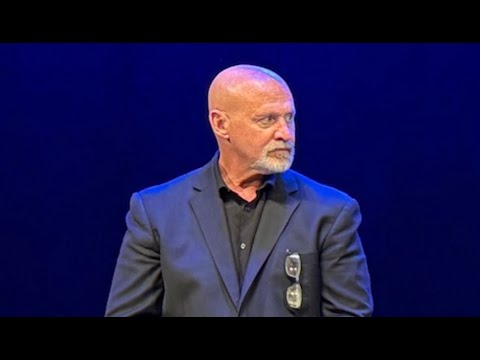Dominic Cummings, the controversial brains behind the 2016 campaign for Britain to leave the European Union, will step down as Prime Minister Boris Johnson’s top aide, a government source said Friday.
Mr Cummings, a divisive figure who carved out a uniquely powerful role in government, said Thursday he expected to leave at the end of the year, following the final stage of Brexit.
But he was seen leaving Mr Johnson’s 10 Downing Street office on Friday carrying a cardboard box.
The government source said Cummings would officially be employed until mid-December, but news outlets including Sky News and the BBC reported he would no longer be reporting for duty.
Downing Street has been mired in a power struggle that spilled into public view, even as Britain passed the grim milestone of 50,000 COVID-19 deaths with England in partial lockdown.
Mr Cummings on Thursday reiterated comments made in a blog post in January that he would make himself “largely redundant” within a year.
“My position hasn’t changed since my January blog,” Cummings told the BBC.
Mr Cummings departure then would have coincided with the end of the Brexit transition period, when Britain embarks on life outside of European Union rules and regulations on 1 January.
His premature departure led fellow Brexit champion Nigel Farage to tweet that “seeing him leave Number 10 carrying a cardboard box tells me a Brexit sell-out is close”, as trade talks between Britain and the EU reach crunch time.
Transport Secretary Grant Shapps told Sky News on Friday said the Downing Street aide would “be missed”.
“In any government you require people who are going to shake things up and come along with ideas, he’s actually been that person.”
Political cost
Mr Cummings, a dome-headed enigma with an unconventional dress sense and combative political approach, was appointed chief adviser by Johnson when he took power in July 2019.
He helped to secure a thumping election victory last December but his reportedly controlling style and frequent clashes with colleagues are said to have led to persistent tensions.
He courted damaging controversy earlier this year after making a cross-country journey during the coronavirus lockdown which appeared to breach strict regulations he had helped to design.
Mr Cummings, who had COVID-19 symptoms at the time while his wife had contracted the virus, claimed it was necessary to ensure he had childcare options for their young son.
His actions prompted a furious public and a political backlash but he refused to resign and Mr Johnson stood by him at considerable political cost.
Mr Cummings has since helped to spearhead the government’s response to the pandemic, and is thought to be the architect of Mr Johnson’s “moonshot” plan for millions of daily tests to allow those without coronavirus to circulate freely.
Downing Street has faced sustained criticism over its centralised handling of the crisis, with its death toll the highest in Europe.
Chance to ‘reset’
Mr Johnson’s response to the increase in cases has been to impose a four-week partial lockdown in England, angering many of his own Conservative MPs.
One Tory veteran, Bernard Jenkin, said Mr Cummings’ exit would be a chance to restore “respect, integrity and trust” between MPs and Downing Street, which have been “lacking in recent months”.
The news comes just a day after the resignation of Mr Johnson’s communications director Lee Cain, a close Cummings ally who also worked on the “Leave” side of the 2016 referendum.
The less high-profile, Mr Cain – a former tabloid journalist who once dressed as a chicken to goad Mr Johnson’s predecessor David Cameron – had been offered the post of chief of staff.
But a subsequent backlash among some Conservatives and within the prime minister’s inner circle instead led to him to quit.
The departure of both men, alongside the launch of US-style daily televised press briefings, could herald a shift in tone and strategy from Mr Johnson’s government.
Lawmaker David Lammy, from the main opposition Labour party, said the departures were “like rats fleeing a sinking ship”.






